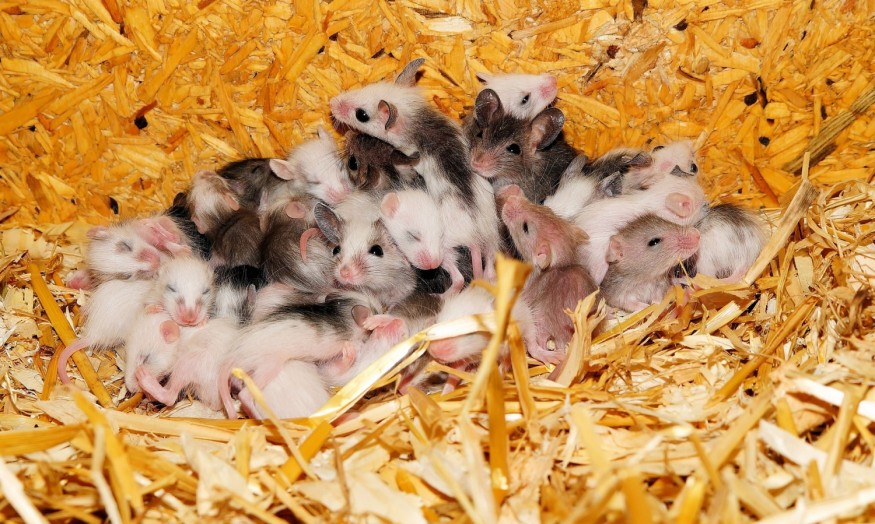
Scientists were able to successfully breed mice with eggs that originate from the cells of males.
Motherless Birth
Sky News reports that scientists were able to accomplish such a feat by turning XY chromosome pairs of male skin cells into XX chromosome pairs. This was done by changing the skin cells into stem cells, copying X chromosomes, removing the Y chromosome, and pairing the duplicate X chromosomes with the original ones,
Through this, the stem cells were programmed into an egg. This egg was then fertilized with another mouse's sperm.
Such a method was used to breed seven mice. The pups were apparently healthy and had a typical lifespan.
As per the Guardian, scientists were able to previously create mice with two biological fathers through many intricate steps that also involved genetic engineering. However, this marked the first time for eggs to be cultivated from male cells.
Will This Work For Humans?
The team behind the breakthrough is now trying to replicate it in human cells. However, there are great obstacles that they may need to overcome when it comes to using lab-grown eggs clinically. The researchers need to take various things into consideration, including the safety of the cells.
Katsuhiko Hayashi, who led the project at Kyushu University and is a globally renowned proponent of lab-grown eggs and sperm, says that from a technological perspective, this may be possible to achieve for humans in a decade.
Business Insider reports that mice and humans greatly vary. Even among mice, the eggs were not of optimal quality. Only one out of 100 fertilized eggs successfully led to birth.
Hayashi mentioned to BBC News that this could become a fertility option for male and female same-sex partnerships once safety is guaranteed. The method may also help women and individuals who have two X chromosomes but have genetic issues with one of them.
Other than this, the findings may also help in treating Turner syndrome, which is a hereditary condition that impacts males and occurs when there is a full or partial lack of one X chromosome.
George Daley, who serves as the dean of Harvard Medical School and did not participate in the research, mentioned to the BBC that, though the work was quite provocative and fascinating, he wasn't sure about the rapid replication of such technology on human cells.
Daley notes that the reproductive cells of humans are remarkably complex and less well-known compared to ice cells. Because of this, it would be a long journey before such fertility options would be available to humans.
Business Insider also reports that there could be ethical issues concerning the matter. Genetic modification among humans has been a usual red line for scientists. In fact, when a scientist crossed this line by editing the genes of two babies, he was charged with performing illegal medical practices and sentenced to prison for three years.
Nevertheless, if this research opens new doors for human reproduction, there may be room for it in the future.
Check out more news and information on Medicine and Health in Science Times.
© 2025 ScienceTimes.com All rights reserved. Do not reproduce without permission. The window to the world of Science Times.












